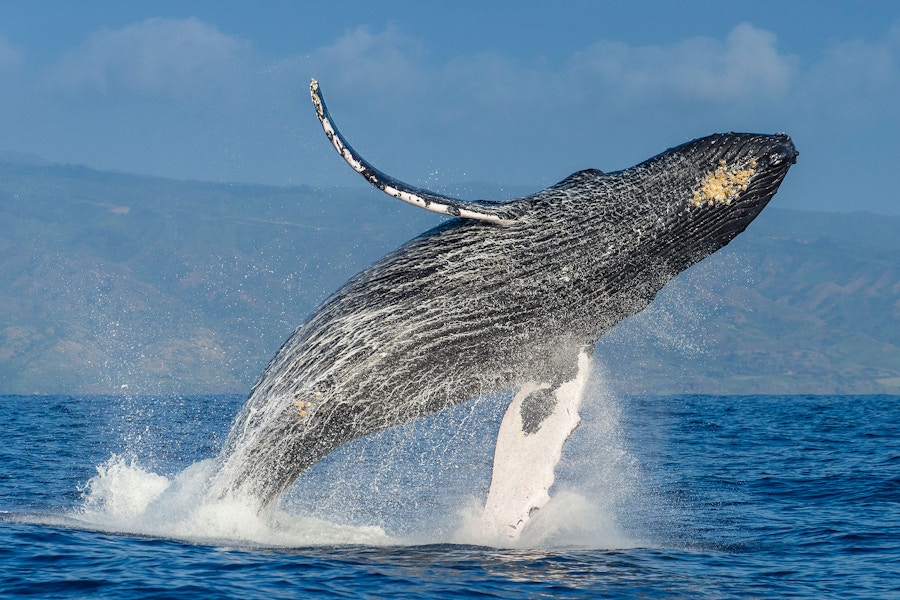It’s time to draw our series of blogs on John Chrysostom, God’s providence, and nature — wild and tame — to a close. In this last blog I want to ask a specific question: how might Chrysostom’s thoughts on God’s providential ordering of the natural world inform our ecological perspectives today? Two aspects of Chrysostom’s providential theology seem immediately relevant:
First, Chrysostom argues that our status as God’s image-bearers is reflected in humanity’s authority and influence over the natural world. Our relationship with nature seriously and significantly matters, as we readily perceive in the issues surrounding global warming. As Chrysostom expresses, “God created the human being as having control over everything on earth … nothing on earth is greater than the human being, under whose authority everything falls.”
This authority and control is a gift of God’s love, but also a gift that can be severely abused. It is a gift of responsible, loving dominion, Chrysostom believes, and rebukes the sinful human tendency toward irresponsibility, laziness, and self-indulgence. Responsible care for the environment is to be a “stabilizing influence” in our lives, forcing us to look beyond ourselves toward the well-being of our broader world with all its varied inhabitants. To exploit or misuse that environment is to deface God’s own image in us.
Second, God has exhibited, as Chrysostom puts it, an amazing “prodigality” or extravagance in God’s creation of the world. Certain characteristics of the natural world — the seasons and their rhythms, for example — have been created to facilitate humanity’s well-being and our understanding of God’s love and care. Other aspects of nature — reptiles and other wild beasts come to mind — illustrate the abundance of God’s creation, an extravagant prodigality divinely designed to “overwhelm” us and teach us “that all these things were produced by a certain wisdom and ineffable love out of regard for the human being that was destined to appear.”
Even if we struggle to identify all of nature’s utility and benefit, our vocation as human beings is to preserve and protect the natural world in its entirety. God created both the wild and tame aspects of the natural world. Indeed, Chrysostom teaches that the wild, the rugged, the untamable, the inexplicable characteristics of nature — those creatures and places that possess no immediately discernible usefulness and benefit for God’s image-bearers — are special objects of God’s interest, love, and care. In turn, they must be the objects of the attentive care of God’s image-bearers. When we misread their meaning, as we too often do, the natural world suffers.
In a word, God loves wild things. I can see a humpback whale springing into the air and wildly splashing back into the sea, as if to say, “Look at me! Look at me!” And God does — with delight.
All species, lands, and oceans, from the elephant to the inchworm, from the polar ice caps to the plains of North America, find their ultimate source and raison d’être in the prodigal mind and heart of God.


